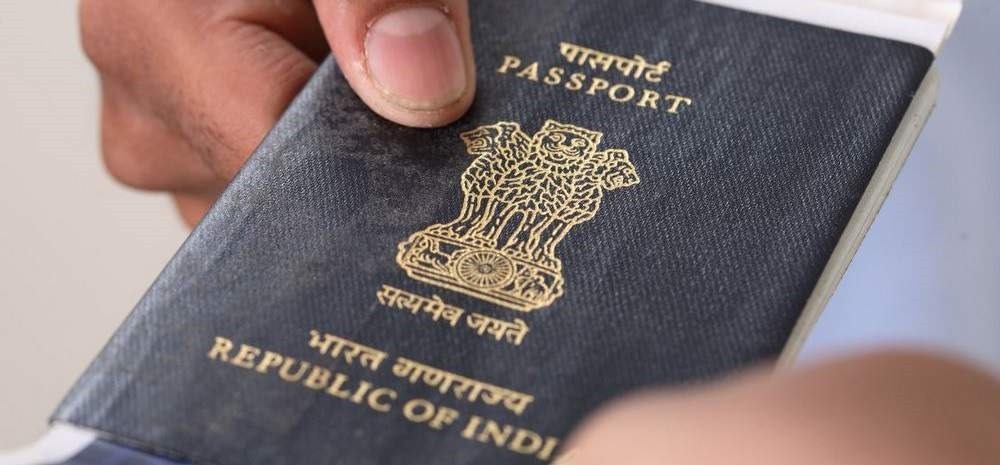In 2023, 2,16,219 Indians renounced their citizenship, as disclosed by Minister of State for External Affairs, Kirti Vardhan Singh, in a Rajya Sabha session. This figure, though slightly lower than 2022’s 2,25,620, marks a significant continuation of the trend over the past five years. The data reveals that 1,63,370 Indians renounced citizenship in 2021, 85,256 in 2020, and 1,44,017 in 2019.

Parliamentary Query on High Renunciation Rates
AAP member Raghav Chadha raised questions regarding the high renunciation rates and the comparatively low acceptance of Indian citizenship. He inquired about government actions to understand the reasons behind this trend and its implications, including potential financial and intellectual losses to the country.
Government’s Perspective
In response, the minister noted that the reasons for renouncing or acquiring citizenship are personal. He emphasized the evolving global workplace and the importance of engaging with the Indian diaspora in the context of a knowledge economy. Singh highlighted the government’s transformational approach to its engagement with the diaspora.
Leveraging the Diaspora
Singh pointed out that a successful, prosperous, and influential diaspora is a significant asset for India. He stressed that India stands to benefit greatly from leveraging its diaspora networks and utilizing the soft power that comes from having a flourishing diaspora. The government aims to harness the diaspora’s potential through the sharing of knowledge and expertise, thereby contributing to India’s growth and global influence.
4o











